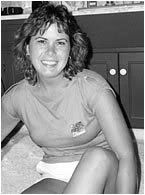 My mother, a survivor of the Holocaust, thought it was a miracle that she could feed, clothe and keep her children safe. For a woman who had survived the Tranistria Death March when she was fourteen, it must have seemed an extraordinary accomplishment. But many years later, she discovered Dr. Leo Buscaglia, an inspirational writer and speaker, on some television show, and she learned that it was also important to verbally express love to those you cherished. “I’m sorry,” she said. “I didn’t know.” From then on, every conversation ended with, “I love you.” I admired her willingness to learn and to grow. She was charming too. People were drawn to her, captivated by her beauty, her wit and flirtatious ways. But she was fragile, injured, damaged. I seem to have always known that just as I always knew it was my responsibility to care for her. In a recent interview I had on a Blogaid radio with Mananna Stephenson, she suggested that the relationship between the protagonist in The Manicurist and her mother had a similar dynamic. MaAnna also said she believed that I would have been unable to bring as much understanding to the relationship between Tessa and her mother in The Manicurist unless I was as well informed about such relationships as I am about such relationships. It was something new for me to think about.
My mother, a survivor of the Holocaust, thought it was a miracle that she could feed, clothe and keep her children safe. For a woman who had survived the Tranistria Death March when she was fourteen, it must have seemed an extraordinary accomplishment. But many years later, she discovered Dr. Leo Buscaglia, an inspirational writer and speaker, on some television show, and she learned that it was also important to verbally express love to those you cherished. “I’m sorry,” she said. “I didn’t know.” From then on, every conversation ended with, “I love you.” I admired her willingness to learn and to grow. She was charming too. People were drawn to her, captivated by her beauty, her wit and flirtatious ways. But she was fragile, injured, damaged. I seem to have always known that just as I always knew it was my responsibility to care for her. In a recent interview I had on a Blogaid radio with Mananna Stephenson, she suggested that the relationship between the protagonist in The Manicurist and her mother had a similar dynamic. MaAnna also said she believed that I would have been unable to bring as much understanding to the relationship between Tessa and her mother in The Manicurist unless I was as well informed about such relationships as I am about such relationships. It was something new for me to think about.
I frequently write about the complex relationships between mothers and daughters. My mother passed on December 10, 2009 after six horrific months and three almost impossibly bleak years. She was just shy of her 82nd birthday. During the last years of her life, I was so burdened by the cost and demands of her care that I forgot the woman my mother had been. That woman was replaced by a frail, helpless person who barely spoke and who seemed lost in her own thoughts. When I was not angry, I was frightened by the absence of ability to connect to the woman who only vaguely resembled my mother. I began to record whatever I remembered about the woman who had been my mother before illness took over.
My mother was superstitious. I wasn’t allowed to step over my brother when he was stretched out on the living room floor watching television because 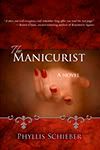 it would stunt his growth. If I needed her to sew on an emergency button, I had to put a thread in my mouth while she sewed. “I don’t want to sew up your sechel (common sense in Yiddish),” she cautioned. My mother was a woman of contradictions. Give her a few days in a foreign country, and she was practically a native. On the other hand, she could be so naïve at time that it was impossible to believe. This woman who spoke 7 languages and had lived to tell the tale of the Holocaust actually accepted that I was not smoking Larks in the bathroom. “Why does it smell like cigarettes?” she said. I shrugged. My story? I was simply trying to see the charcoal filter. Some mornings I would hold my forehead to the radiator and then tell her that I had temperature. She would press her lips to my forehead and agree. She never connected those mornings to my missed math tests. Years later, she was shocked to learn that I had been forging her signature throughout high school, and let’s not even get into the talk my poor mother must have dreaded having with me just a week before I was getting married. After I reassured her that it wasn’t necessary, she said, as she did so many times, “You’re your father’s daughter.” But I was her daughter too.
it would stunt his growth. If I needed her to sew on an emergency button, I had to put a thread in my mouth while she sewed. “I don’t want to sew up your sechel (common sense in Yiddish),” she cautioned. My mother was a woman of contradictions. Give her a few days in a foreign country, and she was practically a native. On the other hand, she could be so naïve at time that it was impossible to believe. This woman who spoke 7 languages and had lived to tell the tale of the Holocaust actually accepted that I was not smoking Larks in the bathroom. “Why does it smell like cigarettes?” she said. I shrugged. My story? I was simply trying to see the charcoal filter. Some mornings I would hold my forehead to the radiator and then tell her that I had temperature. She would press her lips to my forehead and agree. She never connected those mornings to my missed math tests. Years later, she was shocked to learn that I had been forging her signature throughout high school, and let’s not even get into the talk my poor mother must have dreaded having with me just a week before I was getting married. After I reassured her that it wasn’t necessary, she said, as she did so many times, “You’re your father’s daughter.” But I was her daughter too.
I loved my mother. She could infuriate me with her stubbornness and her neediness, but she could also touch my heart in ways that no one else could. She loved make-up, and when she reached in a time in her life that she had a little extra cash, she always bought something that came with a special offer. Once I said, “Mom, why do you buy all this stuff?” She smiled and said, “Because once in awhile, you just feel like a new lipstick.” She was right. I could take you on a different journey. I could tell you about the woman whose hardships, losses and struggles are incomprehensible. Orphaned at fourteen and exposed to cold, starvation and brutality, she understood life’s fragility. She dragged her parents’ bodies to a mass grave after they died, a week apart, of typhus, the scourge of the filth that people faced when they were crammed into small places without sanitary conditions. My mother was shaped by an experience so devastating that I often wondered how she managed to still love. But she did.
 The last awful months of her life I often dreamed about my mother. In those dreams, she is always young, always smiling and laughing. Sometimes, we are picking big fat blueberries in a field, or making butter cookies, or I am cutting the threads between the scarves that she sewed for a few pennies each. I sat on the floor and read to her as the pink and blue and green and yellow pieces of chiffon tumbled around me, and my mother nodded, listening and humming a song she could never quite remember the words to. That’s the mother I choose to remember. That’s the mother I will never forget.
The last awful months of her life I often dreamed about my mother. In those dreams, she is always young, always smiling and laughing. Sometimes, we are picking big fat blueberries in a field, or making butter cookies, or I am cutting the threads between the scarves that she sewed for a few pennies each. I sat on the floor and read to her as the pink and blue and green and yellow pieces of chiffon tumbled around me, and my mother nodded, listening and humming a song she could never quite remember the words to. That’s the mother I choose to remember. That’s the mother I will never forget.
Phyllis Schieber



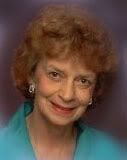


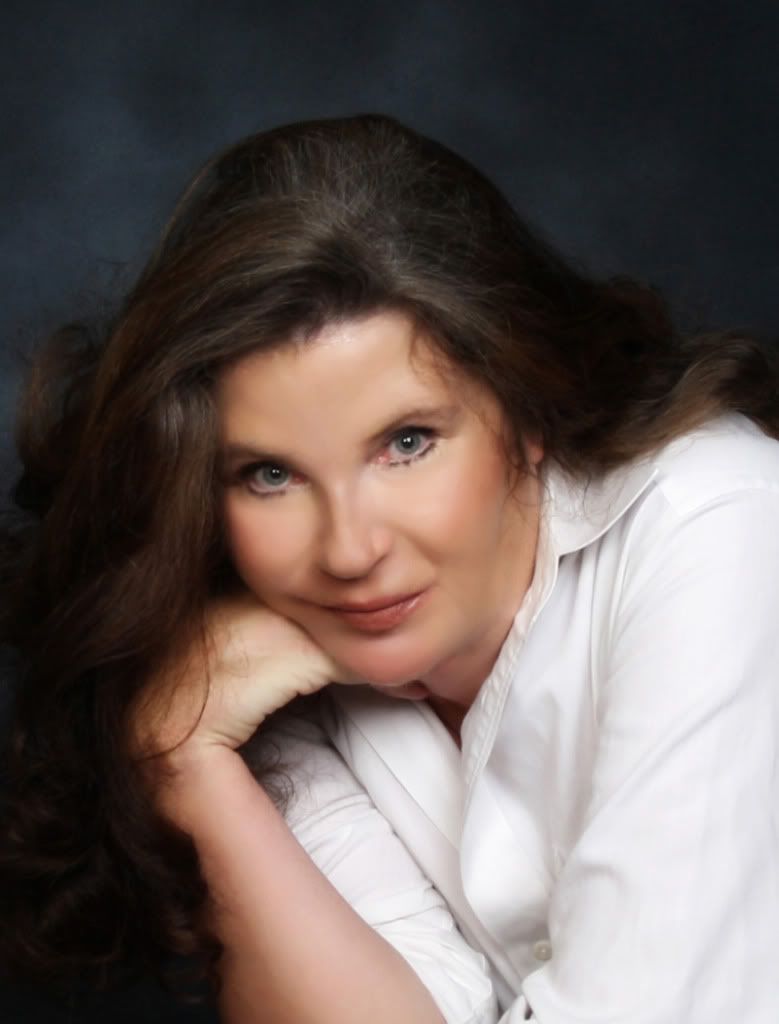





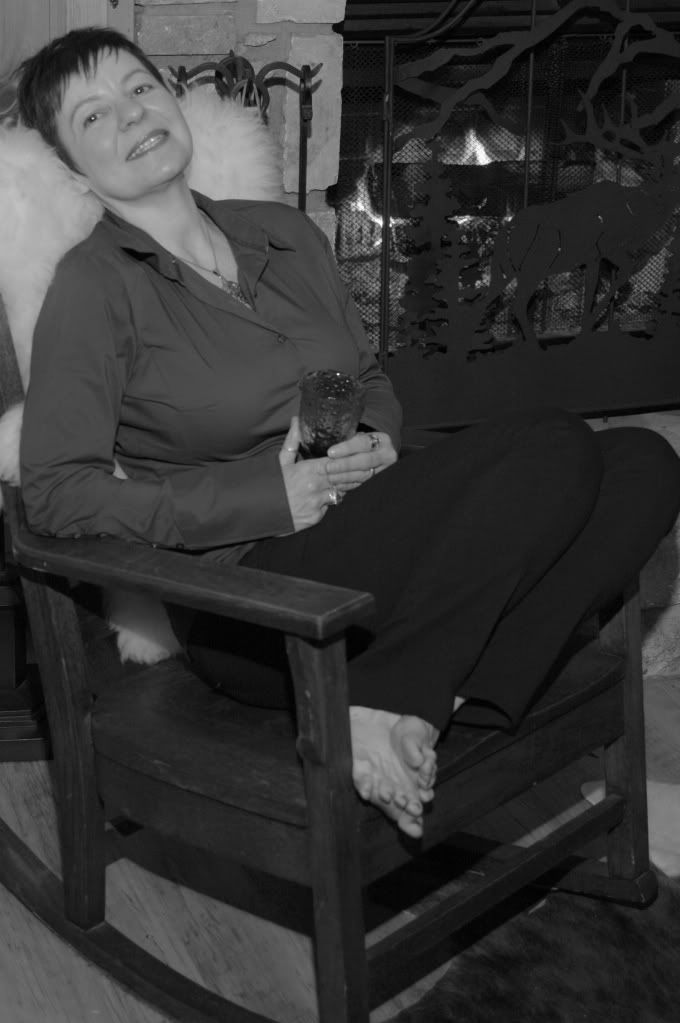




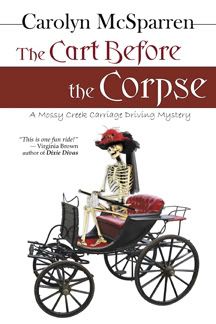

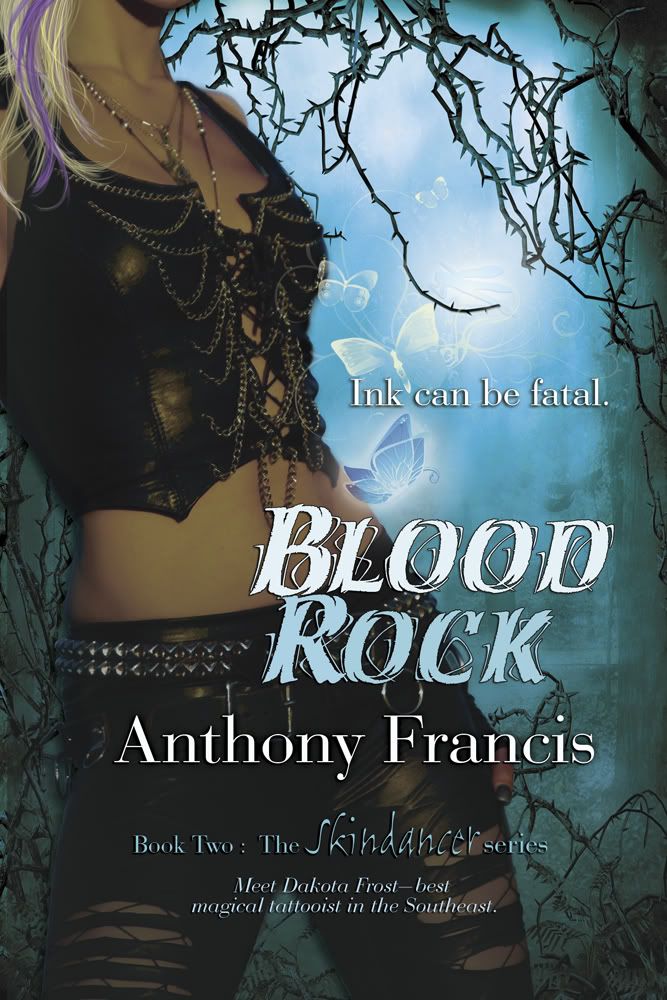
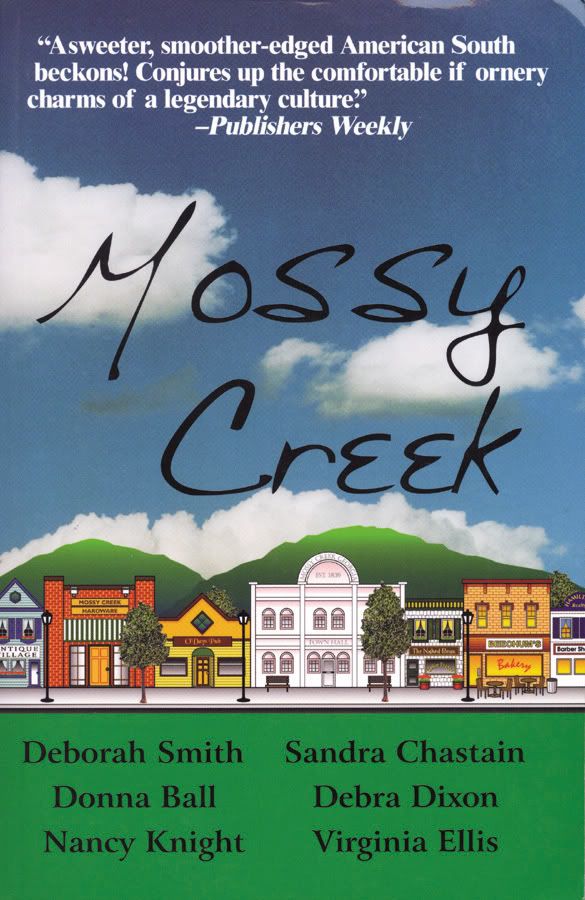
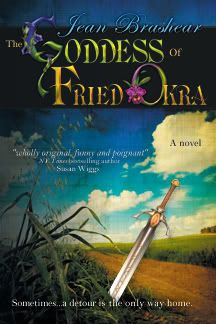



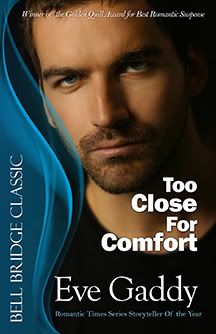

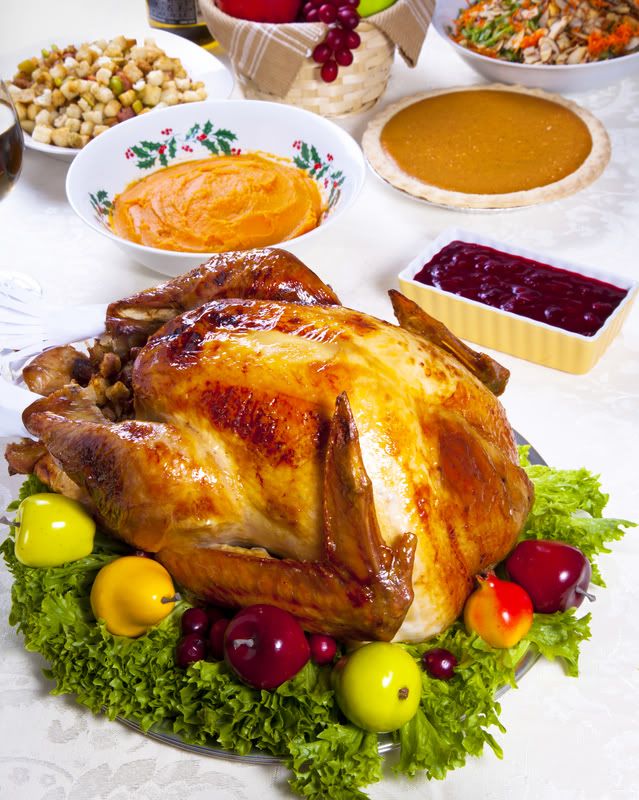 “Merry Christmas, now go buy your kids a great supper, and for God’s sake don’t rob anyone else.”
“Merry Christmas, now go buy your kids a great supper, and for God’s sake don’t rob anyone else.”